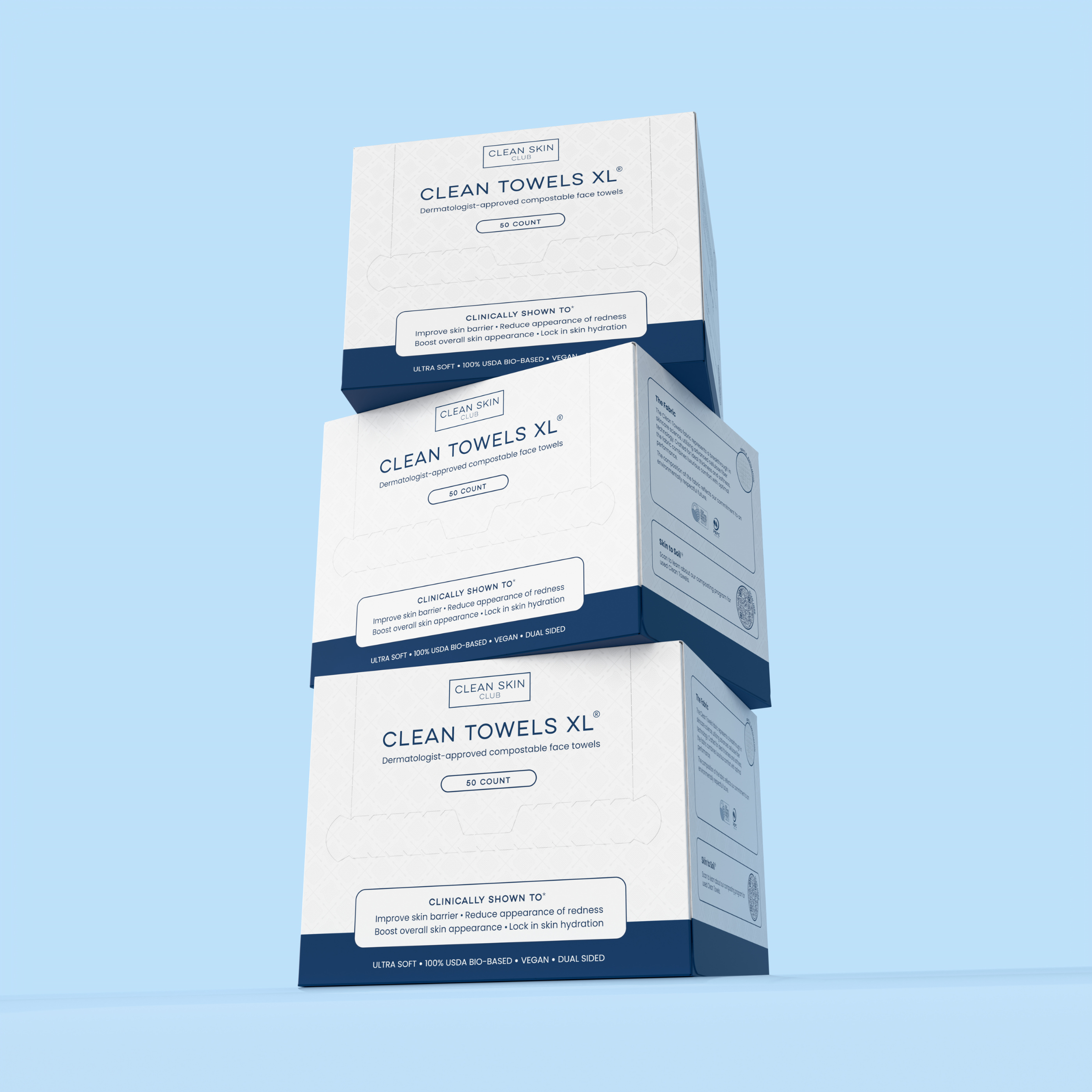You may have heard that drinking coffee isn't great for acne, but you may not have ever been told why it makes acne worse.
Licensed Master Esthetician, Jordyn Cicon shares with us five reasons why caffeine intake may not be the best option if you're dealing with acne or have acne-prone skin. Consider the below as you think about your morning cup of coffee.
-
Caffeine - Caffeine consumption may stimulate hormone activity, including the stress hormone cortisol, by affecting the adrenal glands. Elevated stress levels are associated with inflammation, increased sebum production, and clogged sebaceous glands, all of which can lead to acne breakouts.
This heightened hormonal activity may also negatively affect the skin by promoting skin redness, creating the perfect environment for more dead skin cells to contribute to clogged pores. -
Mycotoxins from mold - Probably one of the most concerning facts about your morning drink is that it contains toxins known as mycotoxins formed from mold that grows on the coffee crops before and after harvesting.
Molds most commonly grow on coffee plants grown in lower altitudes with hot, humid climates. Mycotoxins make existing acne worse and aren’t great for your overall health. -
Gut Dysbiosis - When your gut is healthy and functioning normally, the good bacteria effectively do their job and overpower the bad bacteria. This is referred to as gut symbiosis. However, when bad bacteria begin to outgrow these good bacteria, the gut resorts to an unhealthy or dysbiotic state.
Antibiotic use, physiological and psychological stress levels, autoimmune disorders, and other diseases can imbalance the microbiome, which affects skin health.
Coffee's high acidity can lead to disruptions in the gut flora, eventually causing dysbiosis. This can make maintaining healthy skin a bit more difficult. - Sugar - High levels of sugar might affect your journey to clear skin. Diets high in sugar increase the amount of insulin released by the body. What follows the release of insulin is an increase in insulin-like growth factor-1 (IGF-1). IGF-1 is a hormone known to play a role in the development of acne.
-
Milk - In one study noted by the AAD10, with a total of 47,355 women, 6,094 girls, and 4,273 boys, a strong link between cow's milk and acne was demonstrated.
The AAD notes a theory that hormones in dairy milk or dairy products may lead to inflammation in the body, which, as stated above, puts one at a higher risk for breakouts.
Milk consumption has also been linked to an increase in IGF-1 Levels11, which stimulates oil glands to produce more sebum. This has the downstream effect of more acne.
Thank you for reading!
This article of the Skinsider Scoop was graciously written by Jordyn Cicon and edited by the Clean Skin Club team. If you're interested in more from Jordyn, please shoot us an email, and follow her Instagram - @skinbyjordyn


